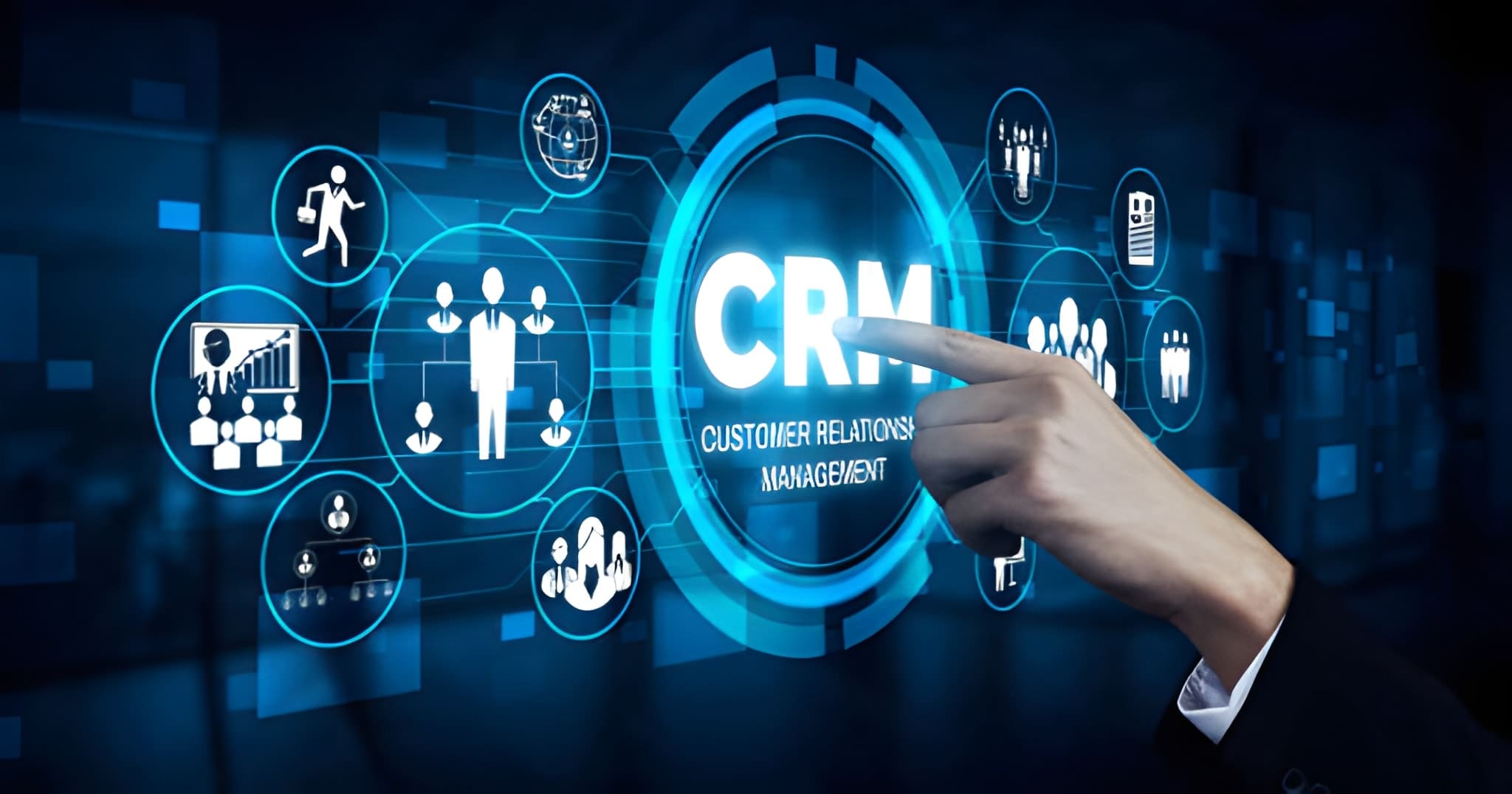Ecommerce app development cost is a critical factor for businesses looking to thrive in the digital marketplace in 202As more consumers turn to mobile and online shopping, understanding the ecommerce app development cost becomes paramount for success. In this article, we will break down the various elements influencing ecommerce app development cost, providing you with the insights needed to budget your online store effectively. Whether you are a new startup or an established business looking to revamp your app, knowing what to expect will empower you to make informed decisions.
Understanding Ecommerce App Development Cost
The Components of ecommerce pricing
Ecommerce pricing can be broken down into several core elements including design, development, and maintenance. The initial design phase will typically incorporate user experience (UX) and user interface (UI) elements, which can significantly impact the overall ecommerce app development cost. On top of this, the development phase will involve coding, integration, and testing, each of which can add to the total cost.
Moreover, the features and functionalities you wish to implement—such as payment gateways, push notifications, and inventory management systems—also play a crucial role in determining your ecommerce pricing. Each additional feature can increase complexity, translating to higher costs. Hence, it’s vital to outline your project specification clearly, as functionality and features directly affect the ecommerce app development cost.
Factors Influencing Online Store Budget
A variety of factors influence your online store budget, including market trends, consumer behavior, and emerging technologies. Changes in consumer preferences often directly correlate with shifts in ecommerce app pricing. For instance, the rise of augmented reality (AR) for product displays can result in higher development costs due to the complexity involved.
Technology choices also significantly impact your online store budget. Selecting a more feature-rich platform would require additional investments in both time and resources. Furthermore, tools used for development can vary in costs, so it’s crucial to choose wisely to maintain control over your ecommerce app development cost.
Comparing Ecommerce Project Charges
When evaluating ecommerce project charges, consider the differences between custom-built applications and template-based solutions. Custom ecommerce app development provides a tailored solution, but it generally comes with a higher price tag compared to template solutions.
Additionally, geographical factors can heavily influence ecommerce project charges. Hiring local developers might cost more than opting for offshore development teams due to differences in labor costs. It’s essential to assess the trade-offs between cost and quality when making such decisions.
The Role of Ecommerce App Development Company
Choosing the Right Ecommerce App Development Company
Selecting the right ecommerce app development company is paramount for the success of your project. There are several key factors to consider, including the company’s experience, portfolio, and client reviews. A company that has demonstrated expertise in developing successful ecommerce apps will be more likely to provide high-quality services, thus affecting your overall ecommerce app development cost positively.
Also, don’t overlook the importance of communication. A company that values clear and timely correspondence can ensure that your project moves smoothly and stays within budget.
Typical Pricing Structures for Ecommerce App Development
Understanding the typical pricing structures for ecommerce app development can help you plan better. Most companies offer pricing models including hourly rates, fixed-price projects, or retainer agreements.
Hourly rates can be beneficial for projects with uncertain timelines, while fixed-price projects provide a clear financial commitment upfront. However, each model has its advantages and disadvantages. Be sure to analyze these structures in terms of your ecommerce app development cost to determine what works best for your unique circumstances.
Questions to Ask Before Hiring an Ecommerce App Development Company
Before you hire an ecommerce app development company, consider asking essential questions to gauge the company’s expertise and suitability for your project. Questions about past projects, technology stacks, and development methodologies can provide insights into the quality of service you can expect.
Additionally, seeking clarity on pricing transparency can prevent unexpected costs. A reputable company will provide you with detailed quotes that align with your ecommerce project charges, fostering a trustworthy partnership.
Hiring an Ecommerce App Developer
When to Hire an Ecommerce App Developer
Choosing the right time to hire an ecommerce app developer can be transformative for your business. Businesses looking to launch a new product or enhance their existing app should consider specialized development solutions.
In scenarios where your in-house team lacks the necessary expertise or capacity, hiring an ecommerce app developer can fill those gaps. Tailored solutions ensure that your specific business needs are met, preventing costly delays and misalignments.
Pricing of Hiring an Ecommerce App Developer
The pricing of hiring an ecommerce app developer can vary significantly based on their expertise and location. Junior developers might offer lower rates, but experienced developers may provide a better long-term value with higher-quality deliverables. Considering the nature of your project, balancing cost and experience is crucial.
Moreover, the long-term benefits of hiring a dedicated developer over freelancers include streamlined communication, more consistent output, and deeper project understanding, all of which can positively impact your ecommerce app development cost.
Benefits of Hiring a Dedicated Ecommerce App Developer
The advantages of hiring a dedicated ecommerce app developer extend beyond immediate project needs. A dedicated developer will focus exclusively on your project, ensuring that your specific requirements are prioritized and met.
This focus can lead to improved user experiences and operational efficiencies, ultimately enhancing your app’s success in the competitive ecommerce landscape. By investing in dedicated talent, you set a firm foundation for your ecommerce app, which can yield high returns in user engagement and satisfaction.
Budgeting for Additional Features and Maintenance
The Cost of Additional Features in Ecommerce Pricing
When budgeting for your ecommerce application, factor in the cost of additional features, which are essential for enhancing user engagement. Features such as advanced payment gateways, live chat support, and customized inventory systems can significantly adjust your ecommerce pricing.
These additional features, while beneficial, often come with added development costs. Prioritizing which features are essential versus optional can help manage your ecommerce app development cost effectively.
Ongoing Maintenance and Support Budget
An often overlooked aspect of budgeting is ongoing maintenance. Including a maintenance budget in your online store budget is crucial for ensuring the long-term functionality of your app. Regular updates, security patches, and tech support can prevent costly downtimes and issues.
Understanding the typical costs associated with maintenance, which may include software updates and customer support systems, will help create a balanced and realistic online store budget.
Planning for Future Upgrades
Your budgeting should reflect a commitment to future upgrades. In an ever-evolving technology landscape, scalability is essential. As trends emerge and consumer needs shift, businesses must be prepared for potential costs associated with adapting to new technologies.
Planning for future upgrades ensures that your ecommerce app remains relevant and competitive, thus validating the initial ecommerce app development cost as a strategic investment in your company’s future.
Conclusion
In conclusion, understanding the ecommerce app development cost in 2026 requires careful consideration of various factors, from the pricing models of development companies to the functionality of your app. By strategically planning your online store budget and partnering with a trusted provider like Wildnet Edge, you can ensure your ecommerce venture thrives in an ever-evolving marketplace.
FAQs
The average ecommerce app development cost can vary significantly based on features and complexity, typically ranging from $20,000 to $150,000.
Determine your ecommerce pricing strategy by analyzing your target market, considering competitor pricing, and factoring in your costs to ensure profitability.
Your online store budget should include development, design, marketing, operating expenses, and maintenance costs to ensure comprehensive planning.
Ecommerce project charges for a small business can average between $10,000 and $50,000, depending on the features required and the development approach.
Hire an ecommerce app developer effectively by reviewing portfolios, checking references, and discussing past project experiences to ensure the right fit for your needs.

Nitin Agarwal is a veteran in custom software development. He is fascinated by how software can turn ideas into real-world solutions. With extensive experience designing scalable and efficient systems, he focuses on creating software that delivers tangible results. Nitin enjoys exploring emerging technologies, taking on challenging projects, and mentoring teams to bring ideas to life. He believes that good software is not just about code; it’s about understanding problems and creating value for users. For him, great software combines thoughtful design, clever engineering, and a clear understanding of the problems it’s meant to solve.
 sales@wildnetedge.com
sales@wildnetedge.com +1 (212) 901 8616
+1 (212) 901 8616 +1 (437) 225-7733
+1 (437) 225-7733















 ChatGPT Development & Enablement
ChatGPT Development & Enablement Hire AI & ChatGPT Experts
Hire AI & ChatGPT Experts ChatGPT Apps by Industry
ChatGPT Apps by Industry ChatGPT Blog
ChatGPT Blog ChatGPT Case study
ChatGPT Case study AI Development Services
AI Development Services Industry AI Solutions
Industry AI Solutions AI Consulting & Research
AI Consulting & Research Automation & Intelligence
Automation & Intelligence















